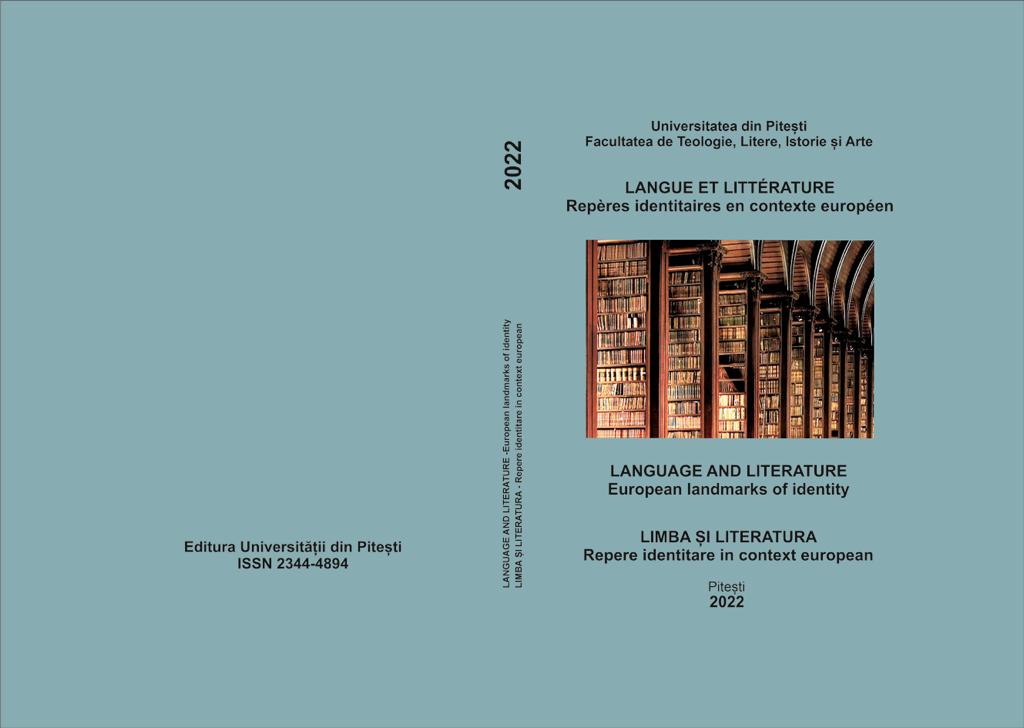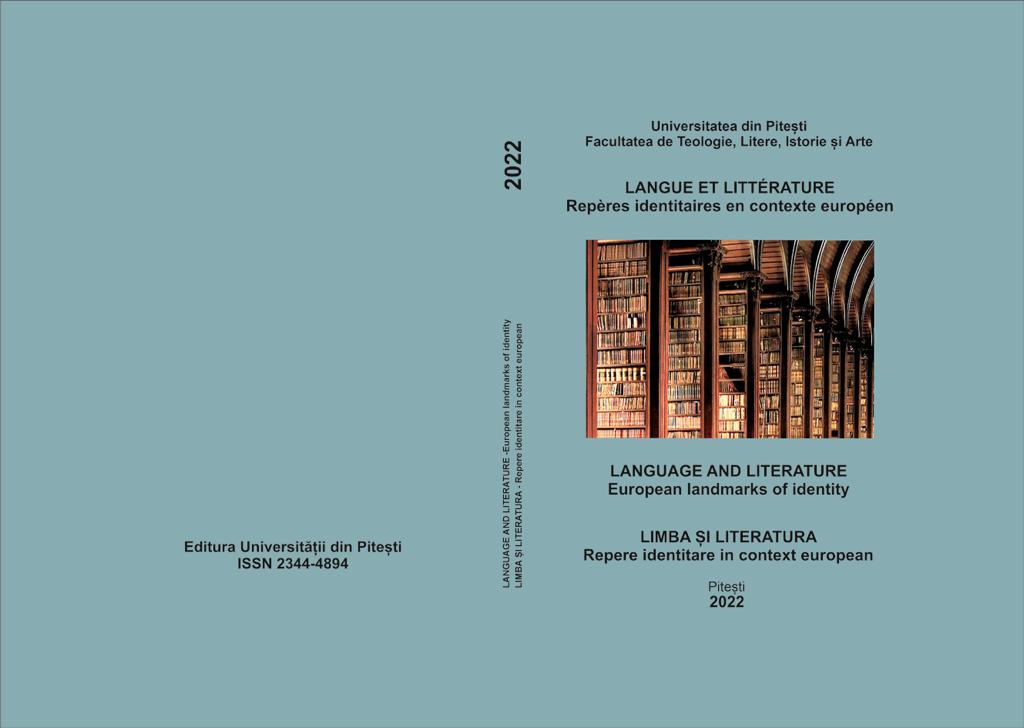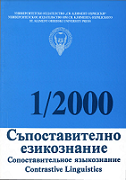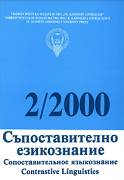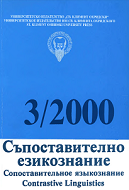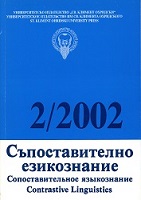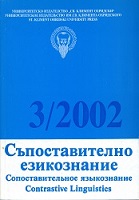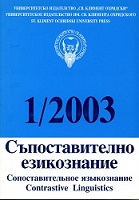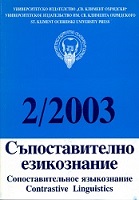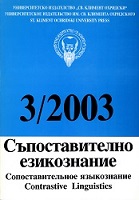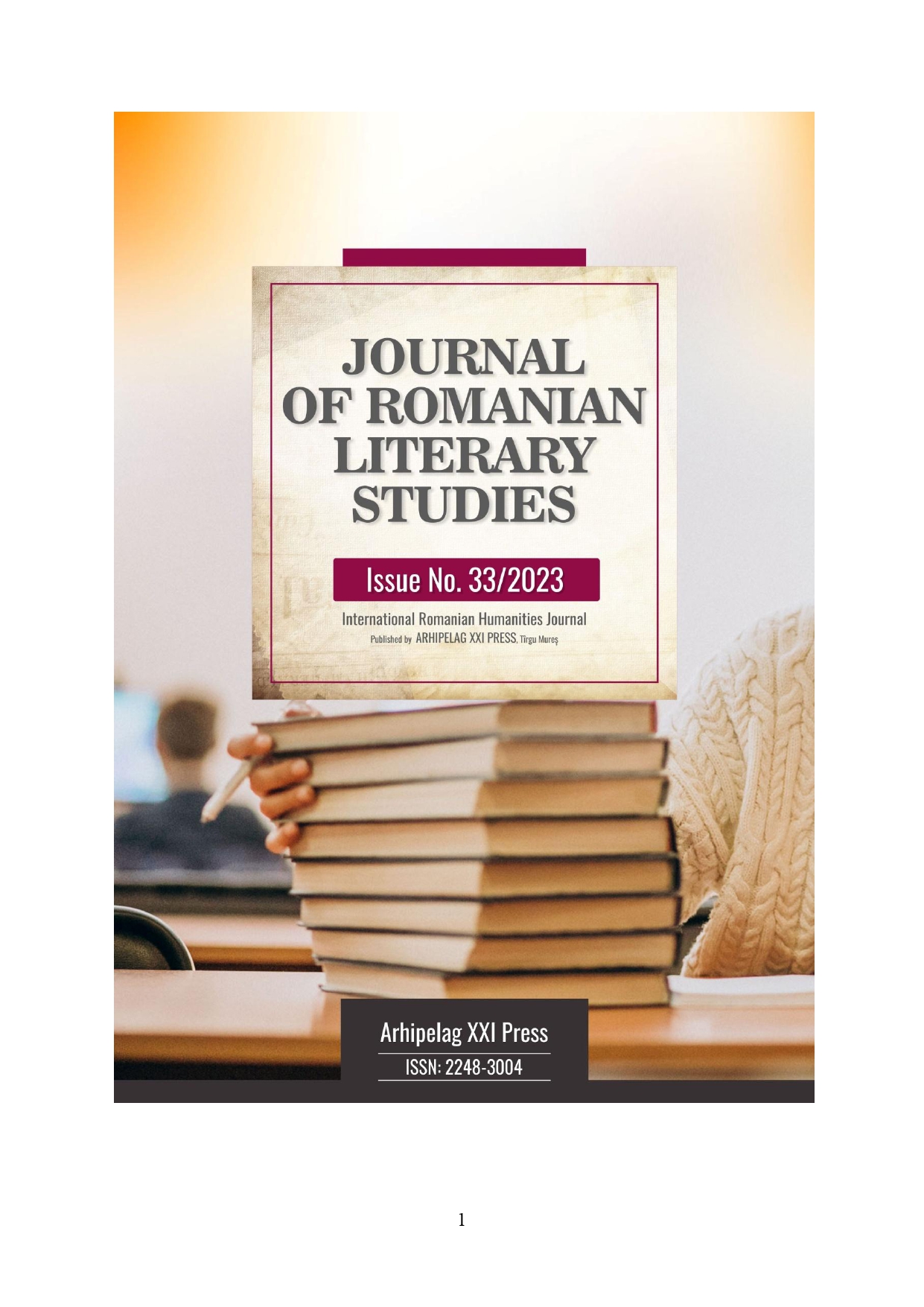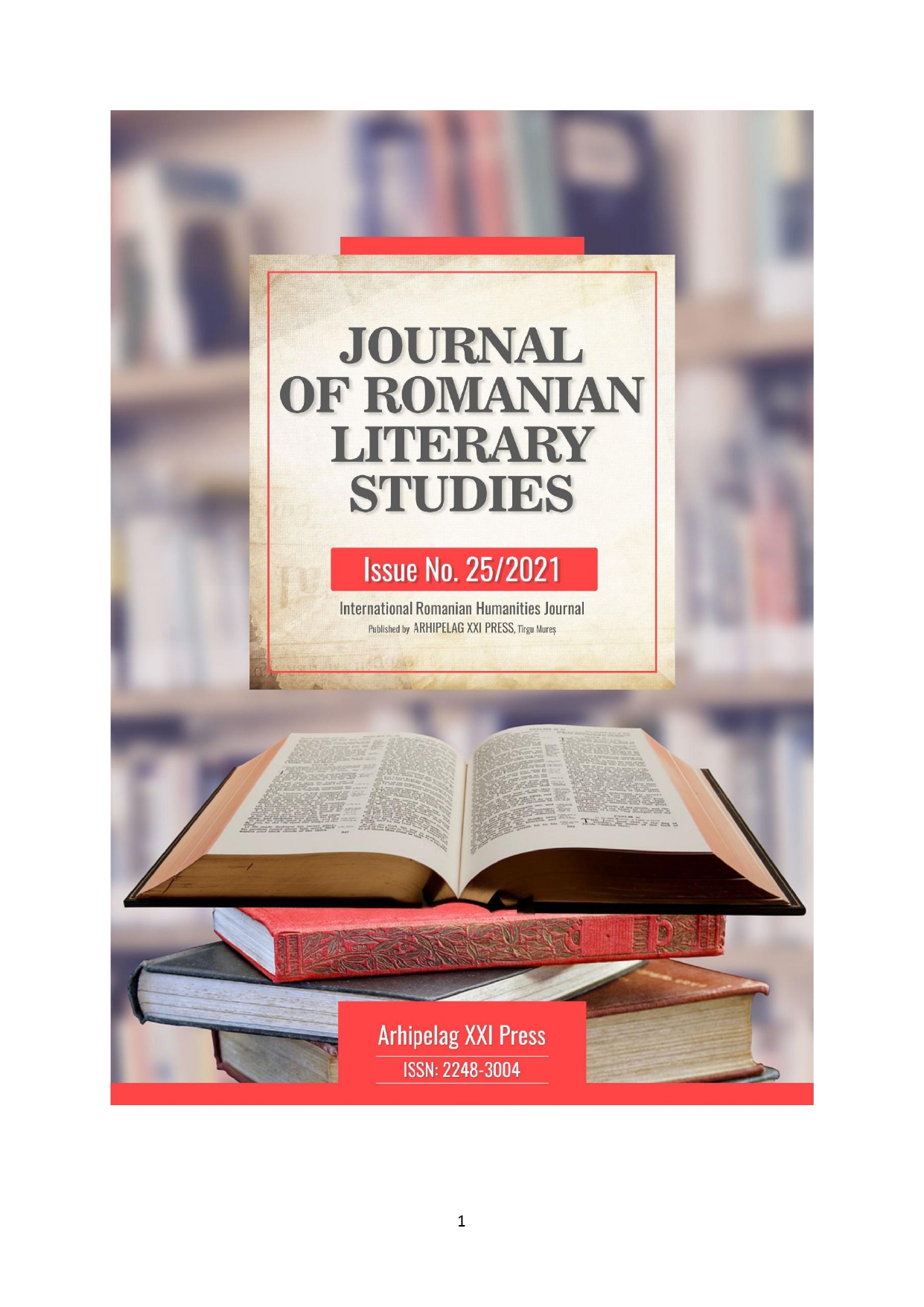
PRAGMATIC FUNCTIONS OF THE REPETITION OF THE COMPLEX PREDICATE WITH MODAL AND ASPECTUAL OPERATOR WITHIN THE ROMANIAN TELEVISUAL POLITICAL DISCOURSE
The article approaches pragmatic issues of the complex predicate with modal and aspectual operator and verbal semantic support within the Romanian televisual political discourse, more precisely the pragmatic functions of the repetition of the complex predicate. It is emphasized that the repetition of the complex predicate with modal and aspectual operator has conversational functions, being involved in the exchange of roles between interlocutors or as a form of dialogue control, as well as interactive functions, highlighting the relationships between the actors of the conversational exchange.
More...
